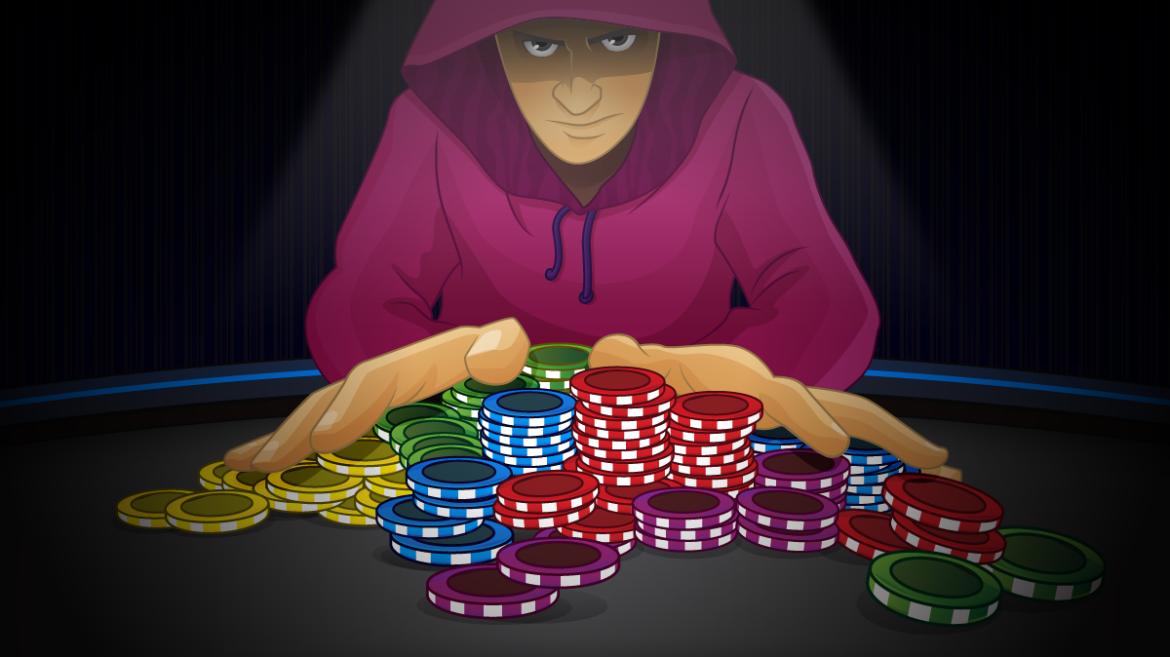Poker has increased its popularity immensely since the beginning of the 20th century and became one of the main recreational activities for small groups of people gathered at a place. Before it used to be just a mode of recreation but now it’s a multimillion-dollar business.
It has tournaments, spectators, and professional players both offline and online with tons of money as winning prizes. Sounds very fascinating, let’s see what poker basically is.
What is poker?
Basically, poker is a card game played between two or more participants with the help of 52 cards. Betting is the most important part of the game because if there is nothing at stake then there is no point in playing the game. Betting consists of three stages:
- Bet: to add some money to the pot.
- Call: you add money to the pot equal to the earlier bet and continue to the next round.
- Fold: Folding means lose whatever money you have already contributed.

If there has been no previous bet you can pass when no one wants to call your bet and you are the “last person standing” then you win the pot, irrespective of the cards you hold. You can “bluff” by pretending to hold a much stronger hand than you actually do. If you get to the last round and at least two people are left having called the final bet, the pot will go to the person who can show the highest-ranked poker hand. A poker hand consists of precisely five cards with the following ranking of the poker hand.
History of poker:
- Tracing back the origin of poker takes us to Europe, the Middle East, America, and China. In America poker was known as “Poque”, played in gambling dens in New Orleans.
- Afterward, it gained popularity among soldiers during the American civil war and migrated to the western frontier then gradually to the whole world. “Poque” was played using 20 cards.
- Poker’s earliest origin trace back to China in the late 900s. In China, the game spread very fast and leaves were used as playing cards. Therefore, it got its nickname as “leaf game”.
- The game flourished in India and Persia during the 16th century. In the next 2 centuries, 3 card-based games migrated to Europe after Middle East traders traded with France and Italy. Eventually, poker traveled to the whole world.


